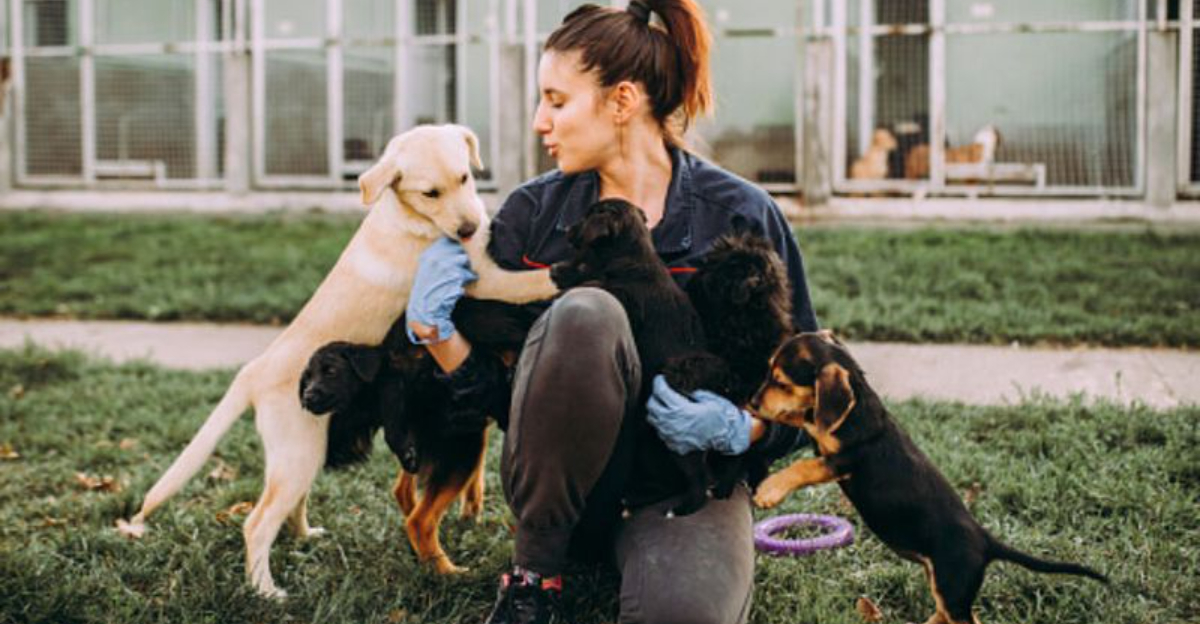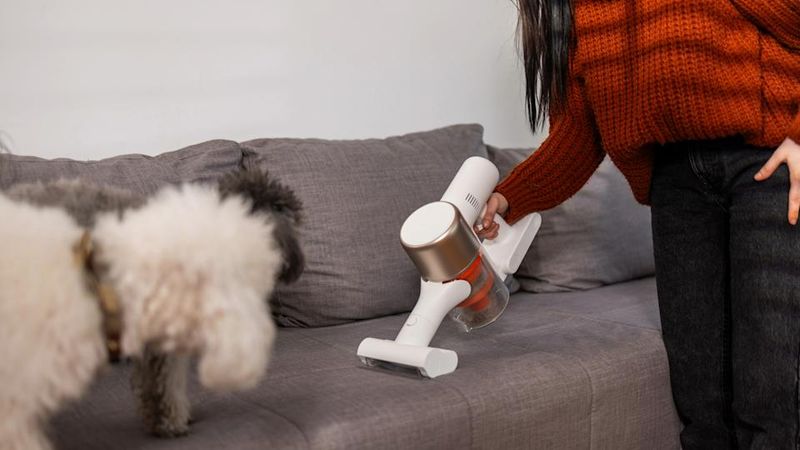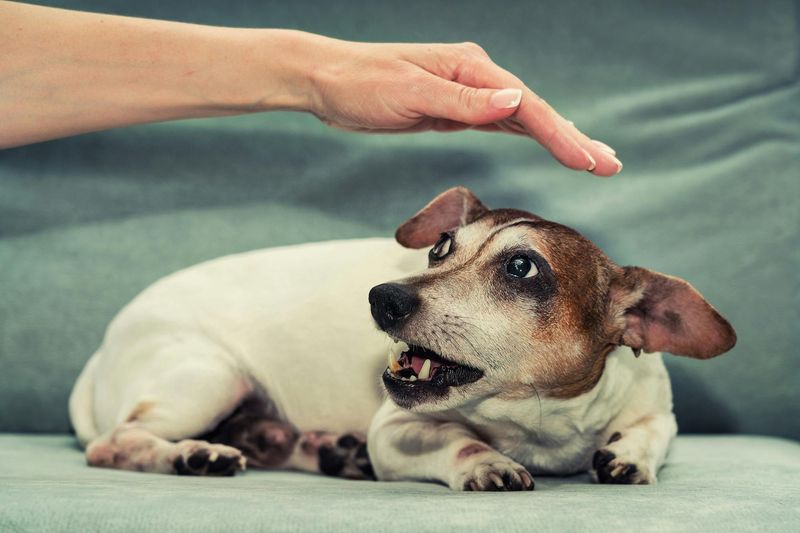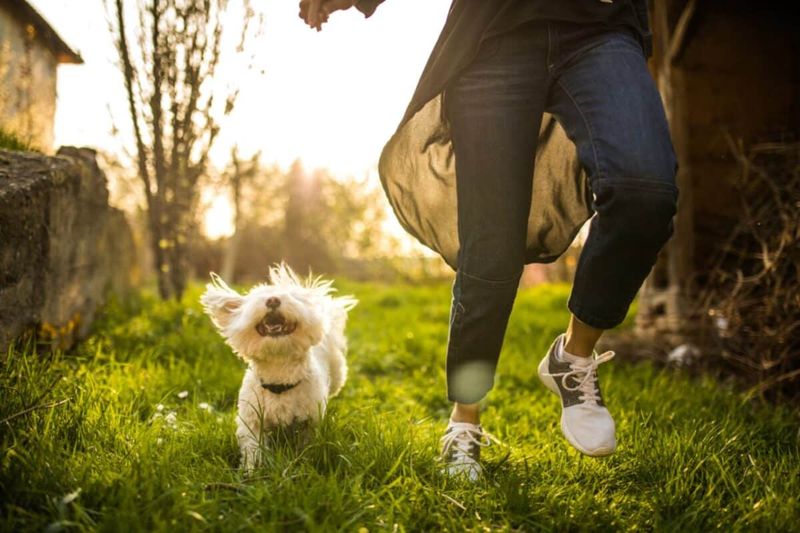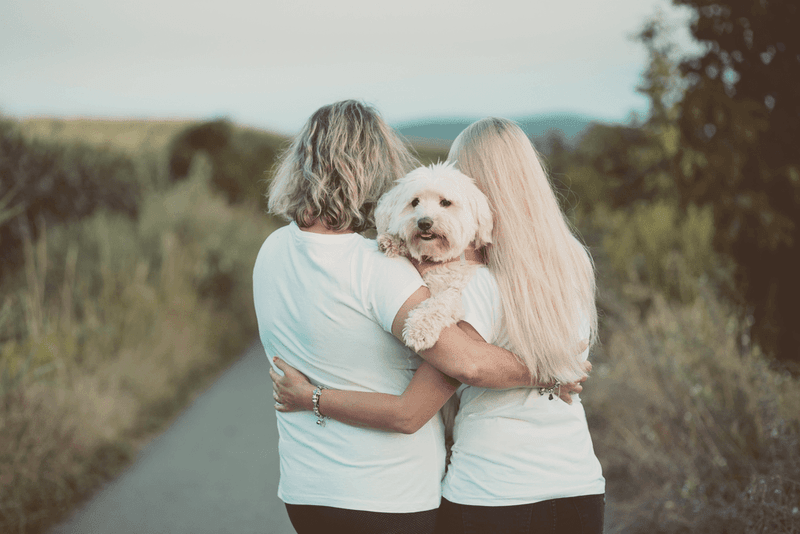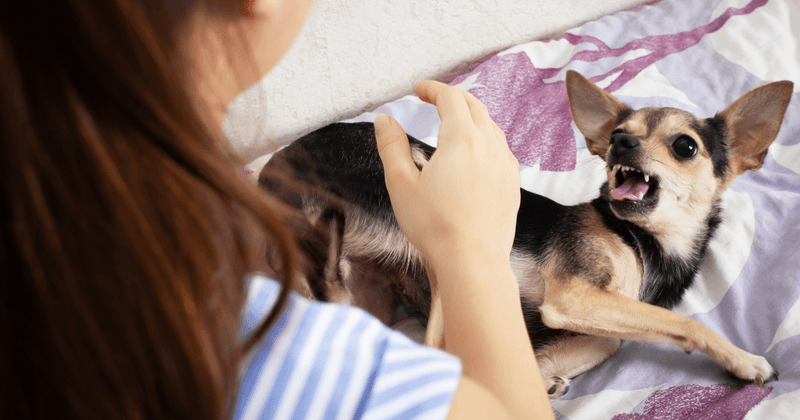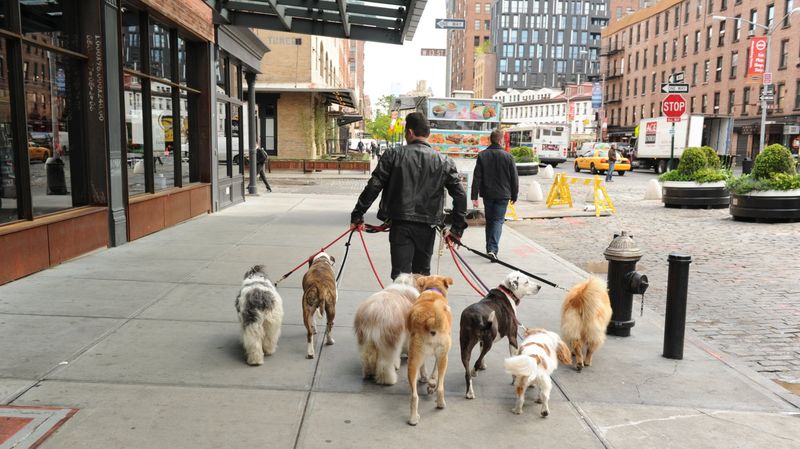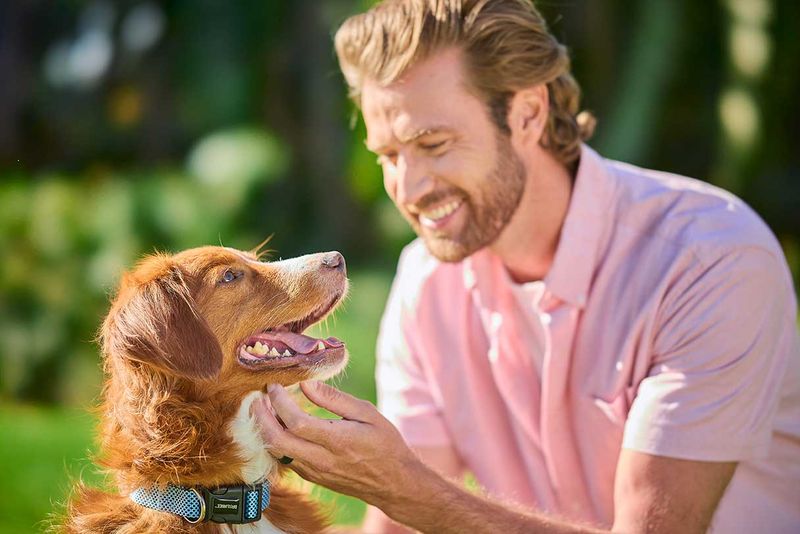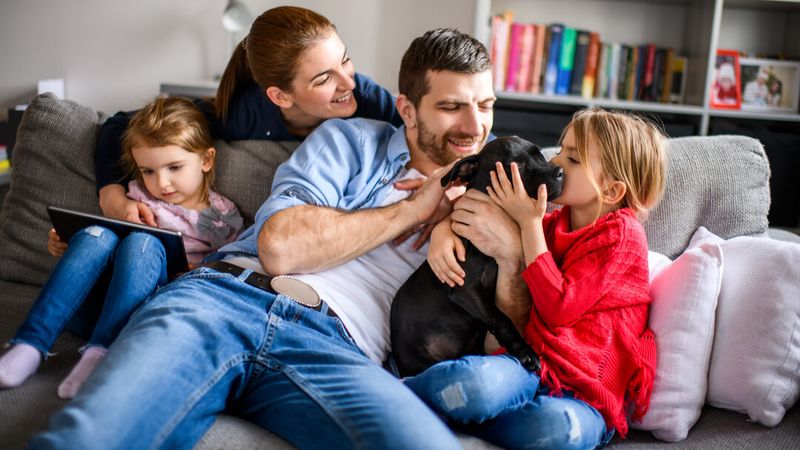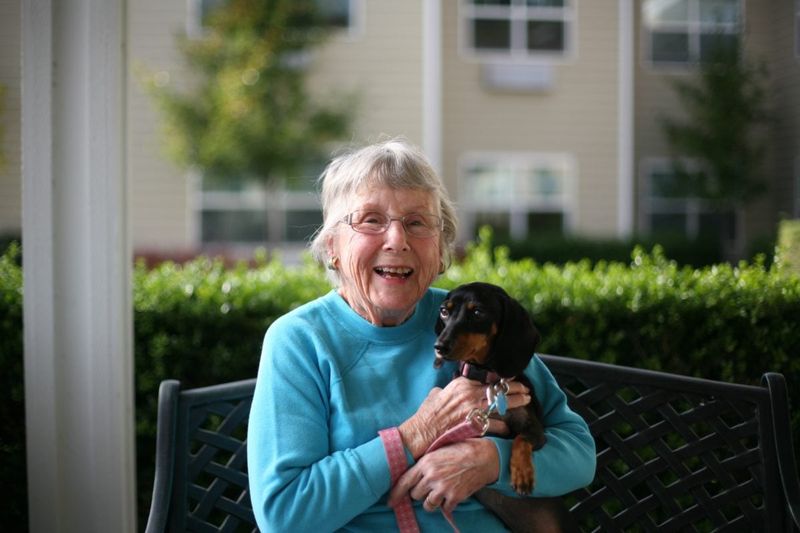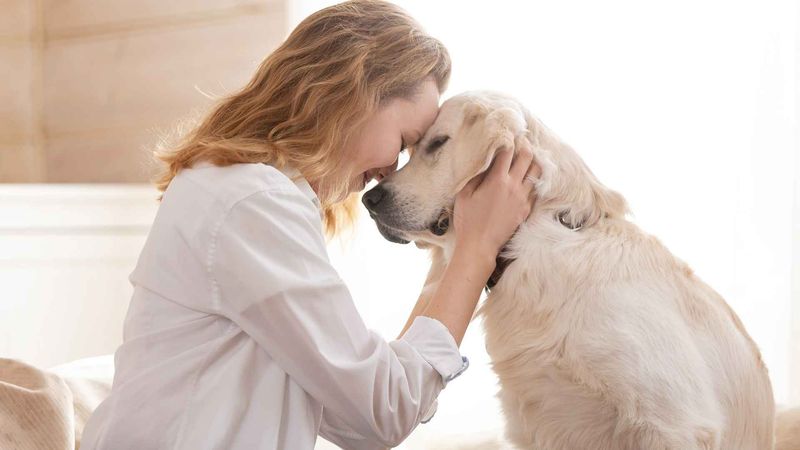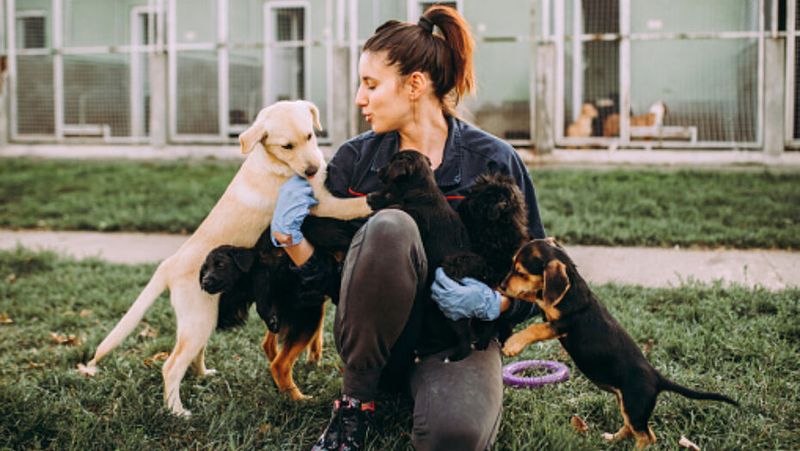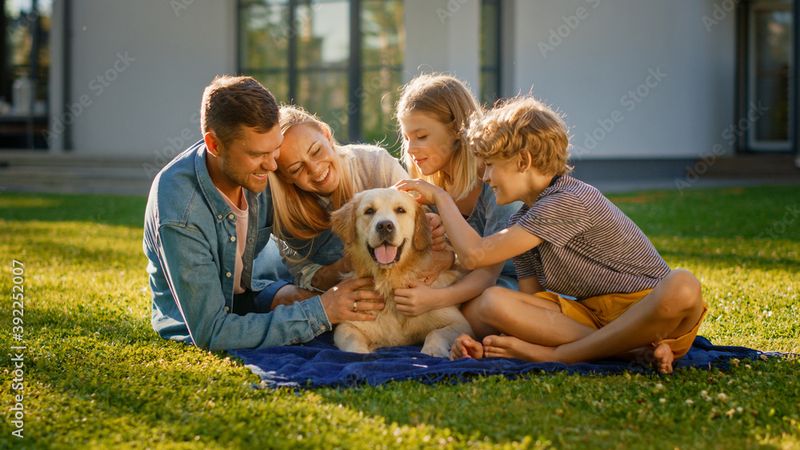Owning a dog is a rewarding experience, but it’s not the right choice for everyone. Certain types of people might struggle with the responsibilities that come with pet ownership. Conversely, some individuals have the ideal qualities to be excellent dog parents. In this blog post, we’ll explore 13 types who may not be suited for owning dogs and 7 who are perfect for it.
The Perpetual Traveler
Travel is their life. Always on the move, these individuals live out of suitcases, with no permanent home. A dog craves stability and a constant presence, which a perpetual traveler cannot provide. Even with pet-friendly accommodations, the frequent changes can be stressful for a pet. Dogs need routine, regular walks, and consistent feeding times. For someone always on the go, meeting these basic needs is challenging. A dog’s emotional and physical well-being might suffer in such a dynamic lifestyle. They might be better suited to care for a plant.
The Allergic Sneezer
Allergies can be a major obstacle for dog ownership. Those who suffer from severe allergies are constantly sneezing, dealing with itchy eyes, and experiencing discomfort around dogs. A home with a furry friend would only exacerbate these symptoms, creating an uncomfortable living situation for both the human and the pet. While hypoallergenic dog breeds exist, they may not completely alleviate allergy issues. Constant medication or avoidance strategies become a daily routine. This environment can lead to frustration and stress, which isn’t fair to either party.
The Clean Freak
Immaculate homes and dogs rarely mix. The clean freak, obsessed with hygiene and order, might struggle with a pet’s natural messiness. Dogs shed, drool, and bring outside dirt indoors. Constant cleaning to maintain a pristine environment can become exhausting. Furthermore, it can affect the dog’s comfort, as they might sense the owner’s distress over minor messes. Having a dog means accepting a bit of chaos. For those who can’t relax with a paw print on their floor, dog ownership might not bring joy.
The Commitment-Phobe
Long-term commitments can scare some people. Owning a dog is a decade-long responsibility, requiring time, money, and emotional investment. The commitment-phobe might struggle with such a permanent addition to their life. Dogs thrive on routine and stability, which might not align with someone who avoids long-term planning. These individuals often change jobs, locations, or interests frequently, making it hard for a dog to acclimate. A pet needs someone who sees them as a lifelong partner, not a temporary companion.
The Workaholic
Work consumes their life. The workaholic spends long hours at the office, leaving little time for a pet. Dogs require attention, exercise, and affection. Being alone for extended periods can lead to anxiety and behavioral issues in dogs. A work-centric lifestyle doesn’t allow for the flexibility a dog might need for walks or vet visits. While pet sitters and doggy daycares are options, they don’t replace the bond that forms between a dog and its owner. A fish might be a better fit for such busy lives.
The Impulsive Shopper
Impulsivity and pet ownership don’t mix well. The impulsive shopper often makes decisions on a whim, including bringing a dog home with little forethought. Dogs need a stable, consistent environment which impulsivity can disrupt. Purchasing a dog without considering their needs, space, and lifestyle leads to neglect and dissatisfaction. This lifestyle can lead to rehoming, which is traumatic for pets. It’s essential to understand the lifelong responsibility a pet represents before making such a commitment.
The Control Freak
Control freaks thrive on order and predictability. But dogs are naturally unpredictable, with quirky behaviors and needs that arise unexpectedly. For someone who demands control over all aspects of life, a dog’s spontaneity can be a major stressor. They may attempt to manage every detail of the dog’s life, leading to frustration when things don’t go as planned. Dogs need flexibility and understanding from their owners, not rigid schedules. Those unwilling to relinquish control might find dog ownership challenging.
The Minimalist
Minimalists live with less, valuing simplicity and space. Dogs require toys, beds, and supplies that can clutter a minimalist’s space. The presence of a pet disrupts the tranquility and order minimalists cherish. Additionally, dogs shed, bark, and need exercise, which might interfere with the serene lifestyle minimalists pursue. While some adjustments can be made, like choosing less messy breeds, the fundamental needs of a dog often clash with minimalist principles. A less active, quiet pet might suit them better.
The Social Butterfly
Social butterflies thrive on constant interaction with people. With a packed social calendar, they may neglect their dog’s need for companionship and attention. Dogs thrive on interaction, and being left alone frequently can lead to separation anxiety. Social activities might also mean inconsistent routines, which can confuse a pet. While some dogs adapt well to social environments, attention must still be paid to their needs. An owner who prioritizes social engagements over their pet’s well-being might not be the best match.
The Free Spirit
Free spirits live life without restrictions, flowing with spontaneity. While this lifestyle is enriching, it can be challenging for a dog requiring routine and structure. Dogs thrive on predictability, making free-spirited owners a potential mismatch. Spontaneous trips, irregular schedules, and a lack of planning might leave a pet feeling insecure. Although adaptable, dogs still need some level of consistency to feel safe and secure. Free spirits might find a less demanding pet more suitable for their lifestyle.
The Helicopter Parent
Helicopter parenting extends beyond children. These individuals hover over their pets, restricting their freedom and natural behavior. Overprotectiveness can stifle a dog’s ability to learn and socialize, leading to anxiety and behavioral issues. Dogs need some independence to explore their surroundings and develop confidence. While safety is a concern, excessive hovering creates a stressful environment for a pet. Dogs flourish when given the chance to roam and play without constant oversight. These owners might need to ease their grip.
The Non-Animal Lover
Not everyone is naturally inclined toward animals. Those who don’t particularly enjoy the company of pets might find dog ownership burdensome. Dogs require love, attention, and interaction, which non-animal lovers might not be willing to provide. Indifference can lead to neglect, as the emotional bond necessary for a fulfilling pet-owner relationship might be absent. Dogs sense this lack of enthusiasm and may become withdrawn or anxious. People who don’t find joy in animal companionship might consider other hobbies or companions.
The City Slicker
Urban life can be exciting yet overwhelming for a dog. City slickers thrive in concrete jungles, but dogs often prefer open spaces and nature. The hustle and bustle, along with limited green areas, can stress a pet. City living requires adaptations like regular trips to dog parks, which might not fit into a busy urban lifestyle. While some dogs adapt to city life, it requires effort and commitment from the owner to ensure their pet’s needs are met. An urban lifestyle might not suit every dog lover.
The Dog Whisperer
With an innate ability to connect with animals, the dog whisperer is a natural pet parent. Their calm demeanor and understanding of canine psychology make them perfect companions for dogs. They communicate effectively, ensuring a well-behaved and happy pet. Dogs thrive under their care, as they feel understood and respected. These individuals invest time in training and bonding, nurturing a strong relationship with their pet. Their homes are havens for animals, filled with love and discipline. Dogs under their care flourish.
The Stay-at-Home Parent
Being home most of the day, stay-at-home parents make excellent dog owners. Their presence provides the stability and routine dogs crave. With time for daily walks, feeding, and play, these parents create a nurturing environment. Dogs benefit from the companionship, while children learn responsibility and empathy by assisting in pet care. The family-centric atmosphere is ideal for a pet, offering constant interaction and love. For stay-at-home parents, a dog becomes a cherished member of the family, enriching their daily life.
The Retiree
Retirement offers the perfect opportunity to welcome a dog into one’s life. With ample time, retirees can focus on building a strong bond with their pet. Dogs enjoy companionship, and retirees provide attention and care throughout the day. Walks and playtime become part of a healthy routine for both. This mutually beneficial relationship offers emotional fulfillment and purpose. Retirees appreciate the joy and love a pet brings, making them ideal pet parents. A dog adds vibrancy and energy to their golden years.
The Empath
Empaths excel at understanding and responding to emotional needs, making them ideal dog owners. They intuitively sense their pet’s feelings, offering comfort and support when needed. This deep connection fosters a trusting relationship, where dogs feel safe and valued. Empaths invest time in nurturing their pet’s emotional and physical well-being, ensuring a balanced and happy life. Dogs under their care are well-adjusted and content, thriving on the empathy and love they receive. Such a nurturing environment is perfect for a pet.
The Outdoor Enthusiast
Lovers of nature, outdoor enthusiasts make wonderful dog owners. Their active lifestyle suits dogs perfectly, providing ample opportunities for exercise and exploration. Adventures in the great outdoors strengthen the bond between owner and pet, creating unforgettable memories. Dogs benefit from the physical activity and mental stimulation that outdoor activities provide. Whether hiking, running, or playing fetch, these owners ensure their pet’s happiness and health. Dogs thrive alongside such active, adventurous companions, enjoying a life filled with excitement and joy.
The Volunteer
Volunteers have a big heart and compassion for animal welfare. Their dedication to helping animals in need makes them perfect pet parents. With experience in handling various breeds and temperaments, they provide a loving and understanding home. Dogs thrive in this environment, knowing they are cared for by someone committed to their well-being. Volunteers create a sanctuary for their pets, filled with kindness and empathy. Dogs are cherished family members, receiving the love and care they deserve. Such homes are havens for animals.
The Family-Oriented
Family-oriented individuals create a loving environment for dogs. With multiple family members to share responsibilities, pets receive ample attention and care. Children learn valuable life lessons through pet ownership, such as empathy and responsibility. Dogs become integral members of the family, participating in activities and celebrations. The familial bond extends to the pet, ensuring they are loved and cherished. Such homes provide a nurturing environment, where dogs feel secure and happy. Family-oriented owners offer a balanced and joyful life for their furry companions.
